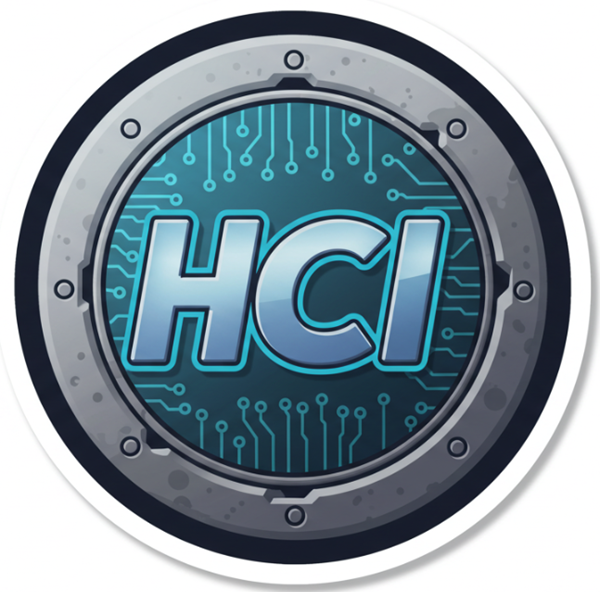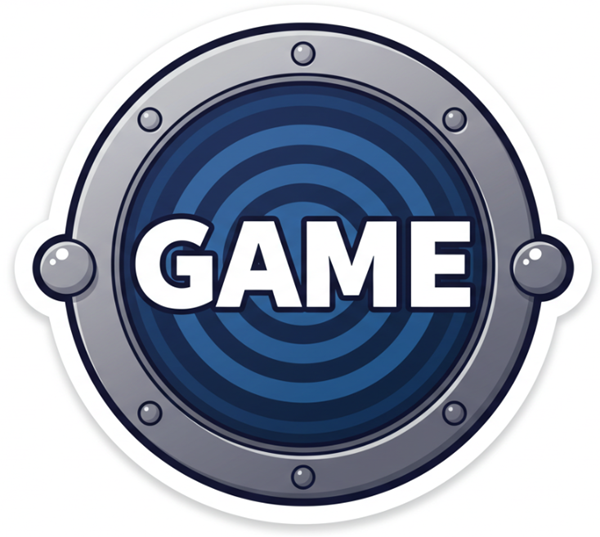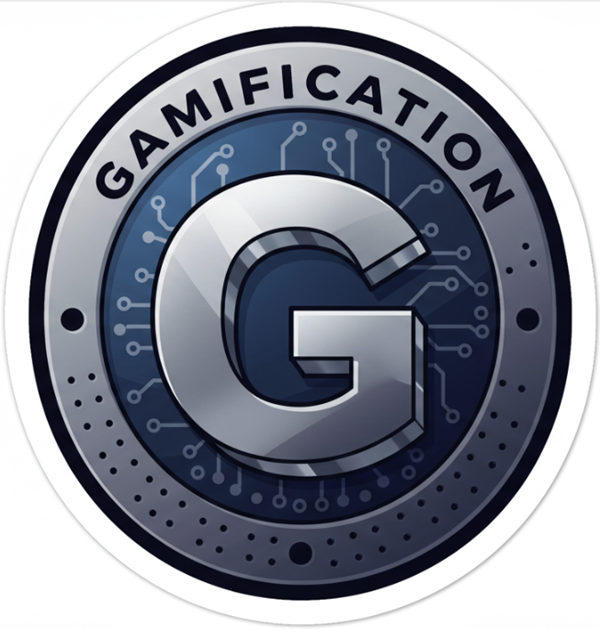Our current research directions include the following areas:
At HCIGG, we research and create the future. We explore how people interact with technology and find innovative ways to make those interactions more engaging, meaningful, and fun.
Interdisciplinary work is at the core of our research. We regularly contribute to the fields of human-computer interaction, game design, gamification, UX research, and AI-driven experiences, always focused on real-world impact.
We collaborate with the best industry partners and top universities worldwide to turn ideas into groundbreaking and impactful innovations. Our work shapes the way people learn, play, and engage with technology.
Let’s create the future of interaction together.
Human-Computer Interaction Back to Top ↑
How can we make HCI research more rigorous, transparent, and impactful? Our work focuses on improving research methodologies, ensuring that systematic reviews and reporting practices in HCI are structured, reliable, and reproducible. We also explore how interactive experiences evolve over time, particularly in game UX and playful technologies, studying engagement, design trends, and future directions. Beyond interaction, we investigate how users perceive and trust complex digital systems, analyzing decision-making in areas like finance and emerging technologies. By refining research methods and understanding how people engage with and adopt technology, we shape the future of credible, user-centered HCI research.
Latest Projects:
- Introducing the INSPIRE Framework: Guidelines From Expert Librarians for Search and Selection in HCI Literature
- An Umbrella Review of Reporting Quality in CHI Systematic Reviews: Guiding Questions and Best Practices for HCI
- Ten Years of CHI PLAY: A Panel on the Past, Present, and Future of the Conference
- Comprehending the Crypto-Curious: How Investors and Inexperienced Potential Investors Perceive and Practice Cryptocurrency Trading
Game Design Back to Top ↑
Why do we play, and what makes a game feel truly immersive? Our research in game design focuses on player psychology, interactive storytelling, and game mechanics that foster engagement. We study what makes players feel connected to digital worlds—whether it's dynamic difficulty balancing, procedural content generation, or AI-driven narratives. Our projects explore VR and AR game mechanics, biofeedback in gaming, and player-centered design approaches that push gaming beyond entertainment and into education, health, and social change. By understanding what keeps players engaged, we create more meaningful and impactful game experiences.
Latest Projects:
- Juicy Audio: Audio Designers' Conceptualization of the Term in Video Games
- The Jade Gateway to Exergaming: How Socio-Cultural Factors Shape Exergaming Among East Asian Older Adults
- From Motivating to Manipulative: The Use of Deceptive Design in a Game's Free-to-Play Transition
- Born to Run, Programmed to Play: Mapping the Extended Reality Exergames Landscape
Gamification Back to Top ↑
How can we make everyday tasks as engaging as games? Gamification is about bringing the power of games into non-game environments to motivate and change behavior. We research how rewards, challenges, and social mechanics can be integrated into learning platforms, workplace productivity, health applications, and smart cities to boost engagement and retention. Our projects examine the psychological effects of game mechanics, adaptive motivation systems, and AI-driven personalized gamification to ensure that these techniques work effectively in real-world scenarios. When done right, gamification doesn’t just make things “fun”—it makes them meaningful.
Latest Projects:
- Gamification and Gaming in Cryptocurrency Education: A Survey with Cryptocurrency Investors and Potential Investors
- Gamification of virtual learning environments: a narrative and user experience approach
- From points to progression: a scoping review of game elements in gamification research with a content analysis of 280 research papers
- Hexad-12: Developing and validating a short version of the gamification user types hexad scale
User Experience (UX) Back to Top ↑
What makes technology feel effortless and intuitive? Good UX is more than just usability—it's about crafting experiences that delight and engage users while helping them achieve their goals. Our UX research focuses on cognitive load, emotional responses, and decision-making processes to refine how users interact with software, websites, and digital products. We develop new evaluation techniques, predictive UX models, and experimental design approaches to measure and enhance user experience. Whether we're improving accessibility, designing for engagement, or studying UX in AI-driven systems and voice interactions, our work ensures that technology serves people, not the other way around.
Latest Projects:
- Here comes no boom! the lack of sound feedback effects on performance and user experience in a gamified image classification task
- miniPXI: Development and validation of an eleven-item measure of the player experience inventory
- The Potential Disconnect between Time Perception and Immersion: Effects of Music on VR Player Experience
- Demystifying the First-Time Experience of Mobile Games: The Presence of a Tutorial Has a Positive Impact on Non-Expert Players’ Flow and Continuous-Use Intentions
Artificial Intelligence (AI) Back to Top ↑
How can AI make technology smarter, more adaptive, and more human? AI is reshaping how we interact with digital systems, and our research explores adaptive AI, intelligent user interfaces, and AI-driven decision-making. We work on game AI, personalized learning environments, and emotion-aware computing that respond to user needs in real time. By leveraging machine learning, predictive analytics, and AI-generated content, we create systems that enhance engagement, automate personalization, and improve accessibility. Our projects don’t just use AI—they redefine how AI interacts with people in meaningful ways.
Latest Projects:
- ChatGPT in education: A blessing or a curse? A qualitative study exploring early adopters’ utilization and perceptions
- The great AI witch hunt: Reviewers’ perception and (Mis)conception of generative AI in research writing
- Sora OpenAI's Prelude: Social Media Perspectives on Sora OpenAI and the Future of AI Video Generation
- Augmenting the Author: Exploring the Potential of AI Collaboration in Academic Writing





